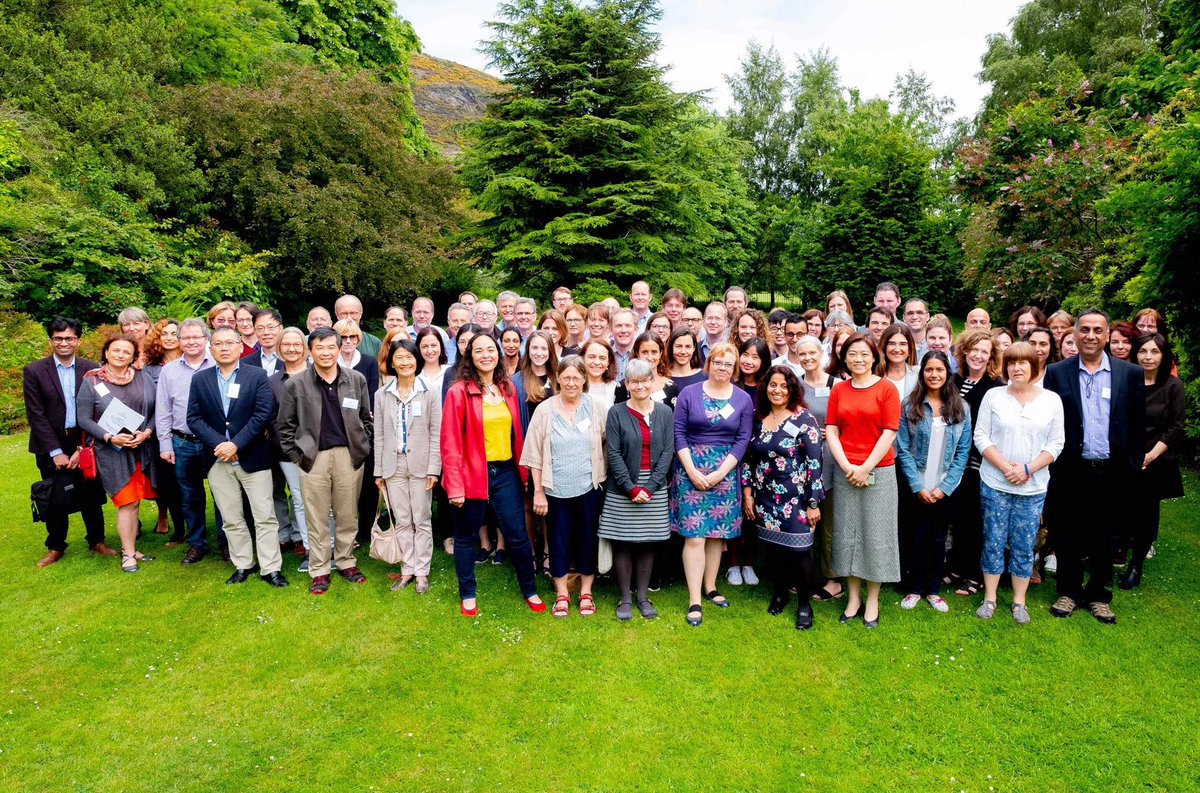
About unsolicited explanations (frequently from men to women #Mansplaining)
Quick tutorial if you are not familiar (extracted from the article below)
bbc.com/worklife/artic…
Quick tutorial if you are not familiar (extracted from the article below)
bbc.com/worklife/artic…
Has someone asked you to explain it? If not, asume they know at least the basics. We work in science, we’re curious, we ask if we don’t know or if we want to know more about a specific topic
Ask yourself whether your urge to explain something comes from you making bad assumptions about someone else’s knowledge / or (frequently in our field) you think you know more about a subject than anyone else. Quick answer to this last one - you’re likely to be wrong
Are you miss-reading the situation due to bias - think twice and you might find you’re - we are ALL biased, if you think you aren’t, then again, you’re likely to be wrong
And hey! Sometimes it just come from you trying to be useful and help, but we all should understand when we have been asked to provide further information, or when that is not necessary- and keep and eye to see if you are systematically targeting the same population
• • •
Missing some Tweet in this thread? You can try to
force a refresh




